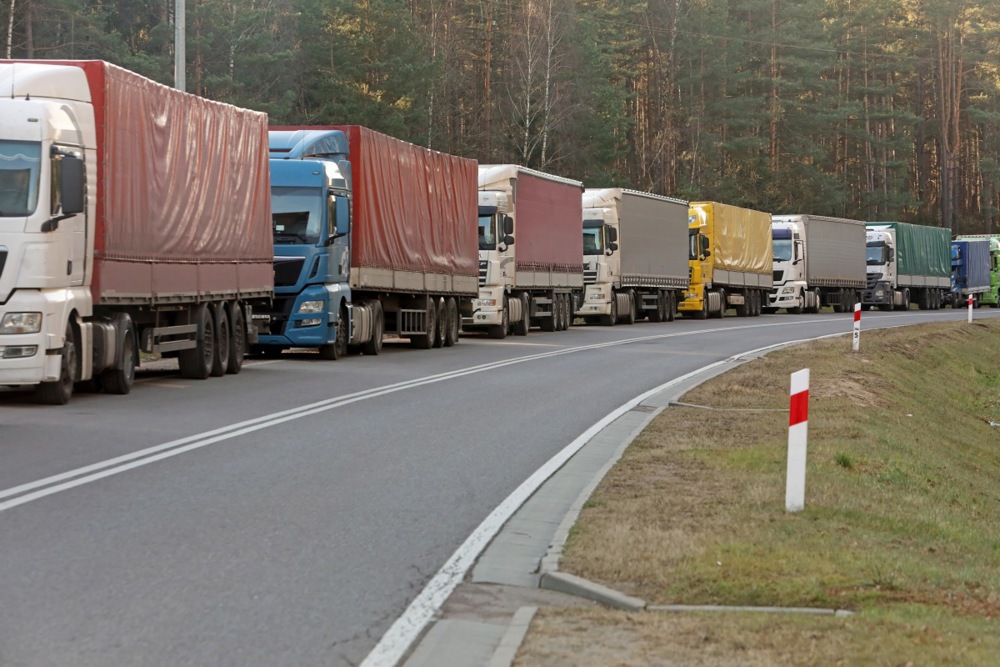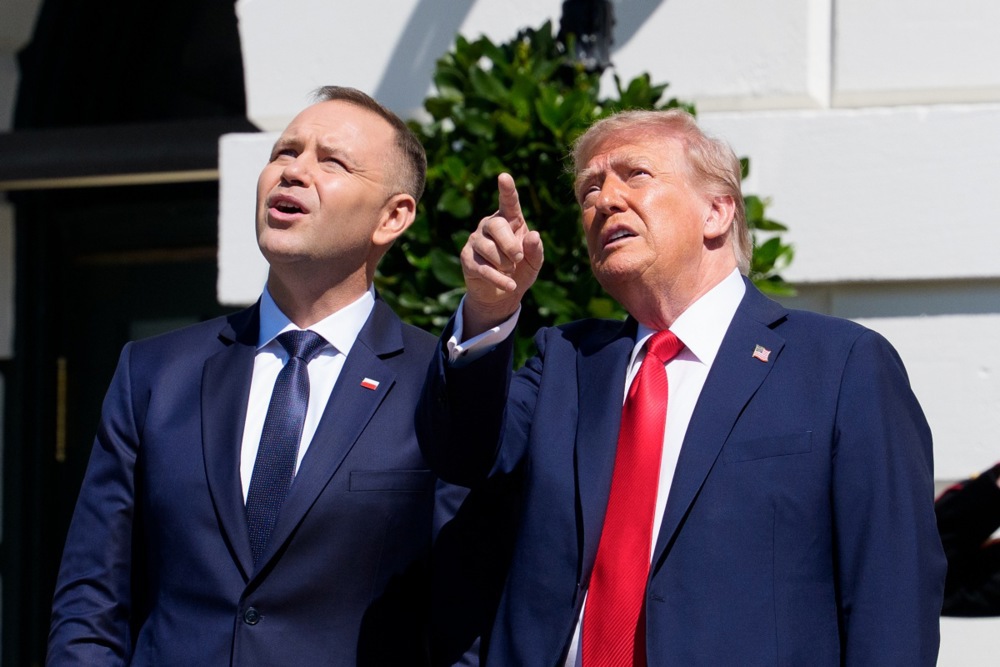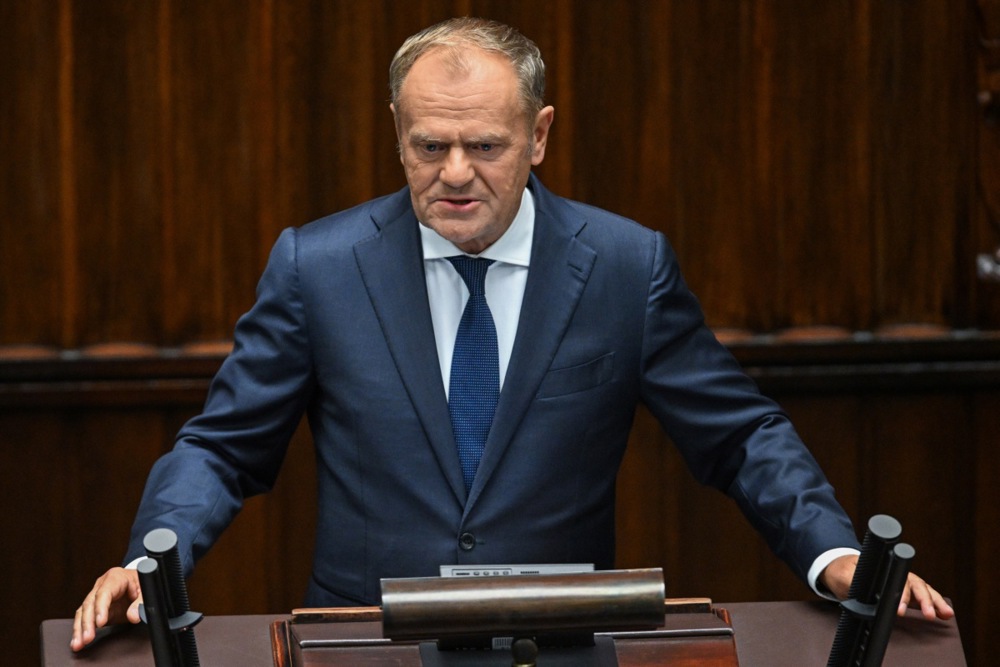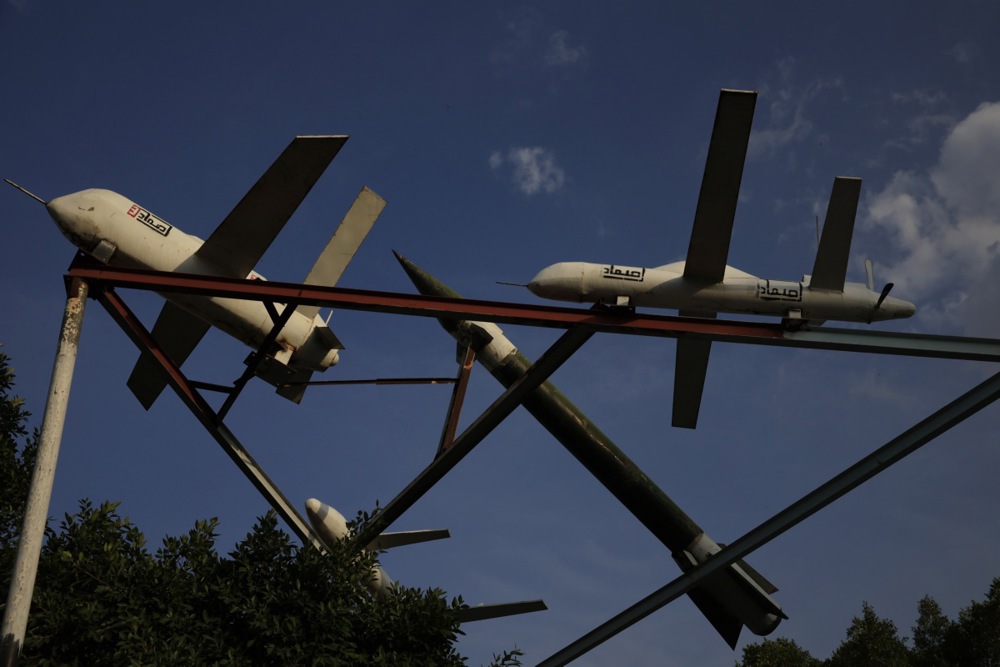Polish Government prosecutors are investigating an alleged Russian plot involving cans labelled as corn, filled with explosives smuggled into Poland.
It is thought they had the potential for use in drone attacks, having been brought into Poland in 2024 by a Ukrainian recruited by Russia’s military agency (GRU).
Poland’s special services co-ordinator Tomasz Siemoniak yesterday claimed the GRU planned sabotage operations in Poland, Lithuania and Germany using drones and explosives hidden in food cans.
He confirmed that individuals linked to Russian agencies had been arrested, adding that the intended targets were elements of critical infrastructure and that Russia sought to shift the blame for any attacks onto Ukraine.
A suspect, who cannot be named under Polish law and who if convicted could face life imprisonment, is alleged to have taken the 2.8 kilogrammes of TNT explosives from a cache hidden at a Lithuanian cemetery before transporting them to Poland. There he allegedly left them near a motorway junction in central Poland.
According to the investigators, GRU operatives were planning to mount the cans on drones as explosive payloads for attacks.
The Polish National Prosecutor’s Office has confirmed the case is part of a broader investigation into Russian hybrid operations in Europe, including sabotage attempts and incendiary parcel bombs.
In 2024, such parcels were mailed from Lithuania to Poland, Germany and Britain, with a man detained in Poland allegedly acting as a courier in these operations.
His assignments allegedly included transporting explosive cans into Poland, delivering drone components to Germany and assembling parcels in Lithuania later sent from Vilnius across Europe.
Three of the incendiary parcels ignited during transport, including one at Leipzig airport and another in a Birmingham warehouse, although no casualties were reported. It was claimed by the authorities that the operation was a test run by GRU for the feasibility of attacks on cargo flights and shipments.
Poland’s relations with Russia are at rock bottom after 20 Russian decoy drones entered Polish airspace on September 10 , with some of them being shot down by NATO forces.
The countries are also involved in tit-for-tat expulsions of diplomats and closure of consulates as tension has escalated since Poland became a hub for military and humanitarian aid for Ukraine.
Poland has ceased to import any gas or oil from Russia and has consistently supported sanctions being imposed on Russia by the European Union.





